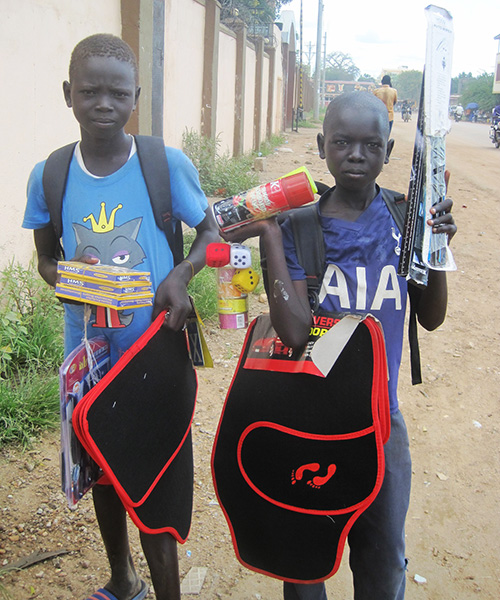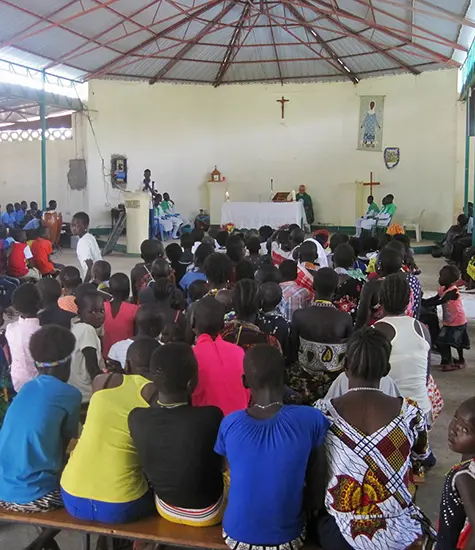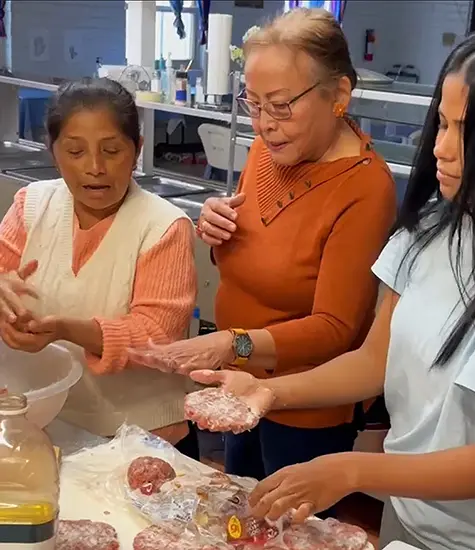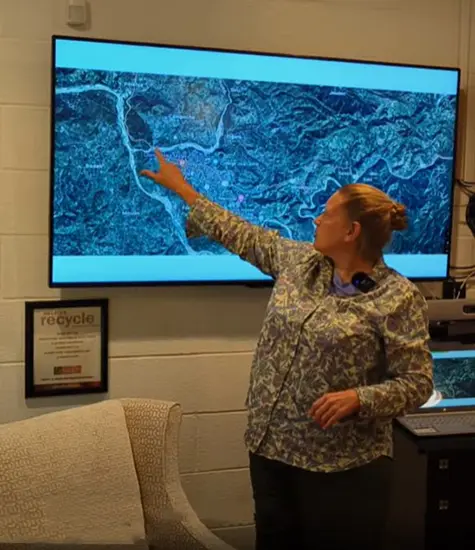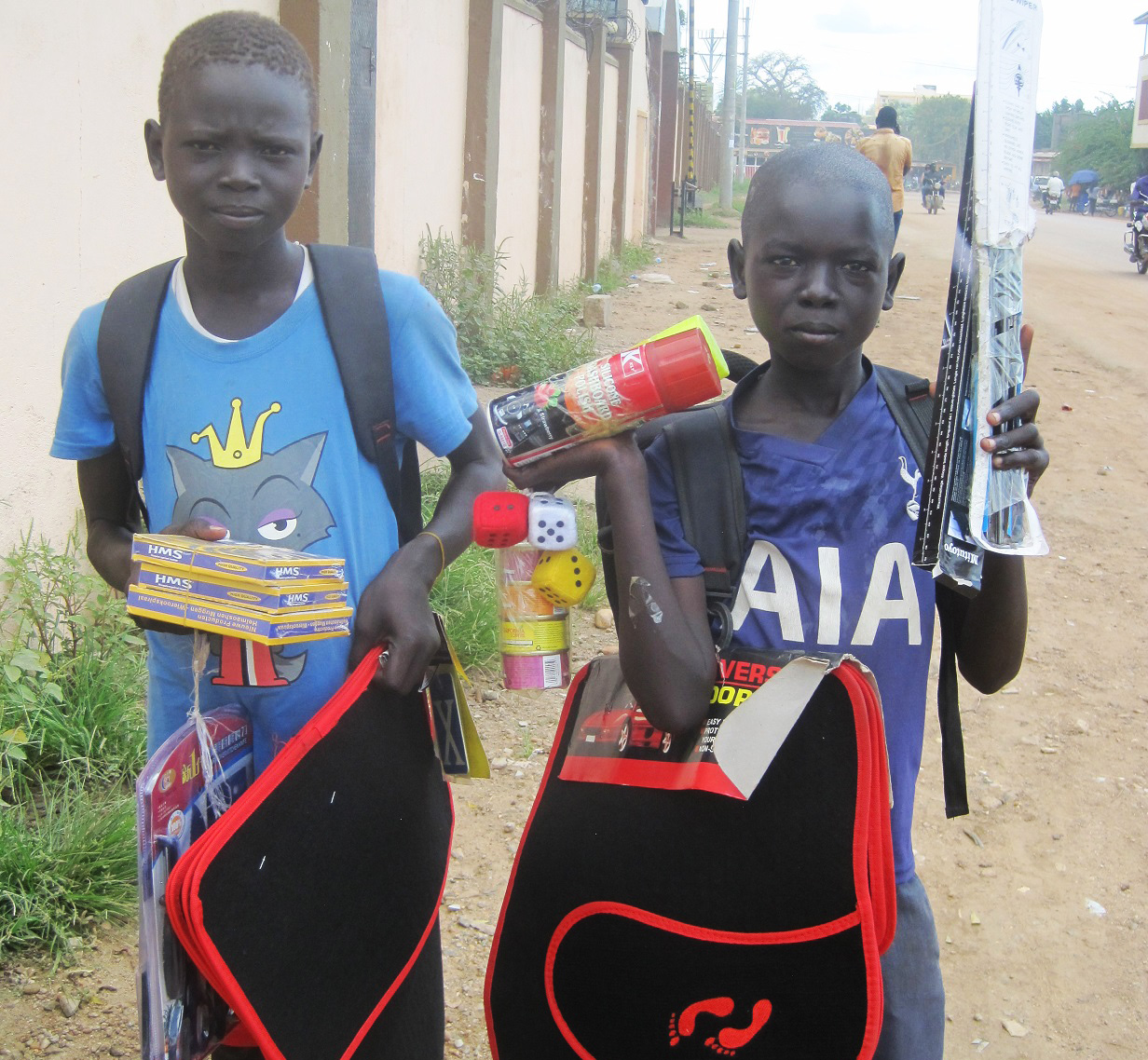
10-year-old street vendors selling car accessories
They walk along the streets of Juba all day long. One sees them everywhere. Who are these people? They are mostly young men carrying an assortment of knick-knacks for sale. They are the nomadic market.
These boys have no education, no job and, in many instances, no home. They are the boys who live on the streets. I don’t know where they get the odd shoes, boxes of mosquito coils, brooms, clothes, T-shirts, and other odd things. Some of them are carrying a heavy load using a backpack as a sort of warehouse. Some are pushing a wheelbarrow full of knick-knacks. Others are hardly carrying three or four things. Creams, combs, cheap jewelry, rosaries, necklaces, pins, small mirrors, and the list goes on.
They will sell at a bargain rate but are expert at getting the most out the customer. They get the stuff cheap, and some, truth be told, steal from store owners. Other times they are given a commission on what they sell. Sometimes they just buy it themselves and sell at a slight markup. But who buys this stuff off them?
I have spoken to a few, and it seems they make just enough to eat for the day. Some days are good, some days are bad. If it rains, the roving market is closed. I try to buy from these roving entrepreneurs when I can. They are just trying to survive. God have mercy on them.
Other boys ply a wheelbarrow all day long. They have these ratty old carts that they load with fruit, vegetables, water and whatever else they can carry. They go down the overcrowded streets whistling to get people out of their way. Sometimes the weight is so substantial that once they get going there is no stopping them.

Konyo Konyo Market in Juba
They go through winding, narrow passages to the Konyo Konyo market and unload at the owners’ stalls. For this hard physical work (which starts at 6 a.m. and doesn’t end until 6 p.m.), they make all of 5 to 6 U.S. dollars a day. I will say that these survivors have the toughest and leanest bodies I have seen. God give them strength.
The world has become a plastic-bottled water culture. These bottles are then discarded anywhere and everywhere. It is an environmental scandal. However, in Juba there are the plastic collectors. For each un-squashed bottle, with cap, they earn one South Sudanese pound. That means that they need 350 bottles to make one U.S. dollar — not even enough for one meal.
The recycled bottles are used by gasoline sellers who refill them with diesel for the numerous motorcycles that ply the streets as cheap taxis. Other people fill the empty water bottles with home-made juices or drinks for sale on the streets. God grant we protect our environment.
A woman sits by the roadside in one of the thousands of teashops found anywhere in Juba. The lucky ones have roofs of tin over their heads. Most have to arrive at their spot at 6 am in order to set up. From some secure place, they start carrying over a motley assortment of plastic chairs, tables, benches, stools, cups, containers, and a ragtag assortment of kitchen items. Nothing is new. Nothing is clean.
Thirty cents (U.S.) buys one a cup of tea. Almost every one of these young and old women look haggard and worn out. I often drink three or four glasses in successive shops and practice my terrible Arabic with them. They get a kick out of that. At least they can advertise that a foreigner comes to their shops. It might help them to survive by the grace of God.
Unloading trucks is a decent job but hard and dirty. The boys come running when a truck from Kenya or Uganda arrives at some warehouse. They start unloading for just pennies per hour. They might be lucky and have to unload boxes of plastic cups or they might be unlucky and have to unload 50-kilogram (110-pound) sacks of rice or cement. Either way the pay is the same. The boys seldom earn just enough to buy one decent meal for the day and save a bit for the future. God willing, they have one.
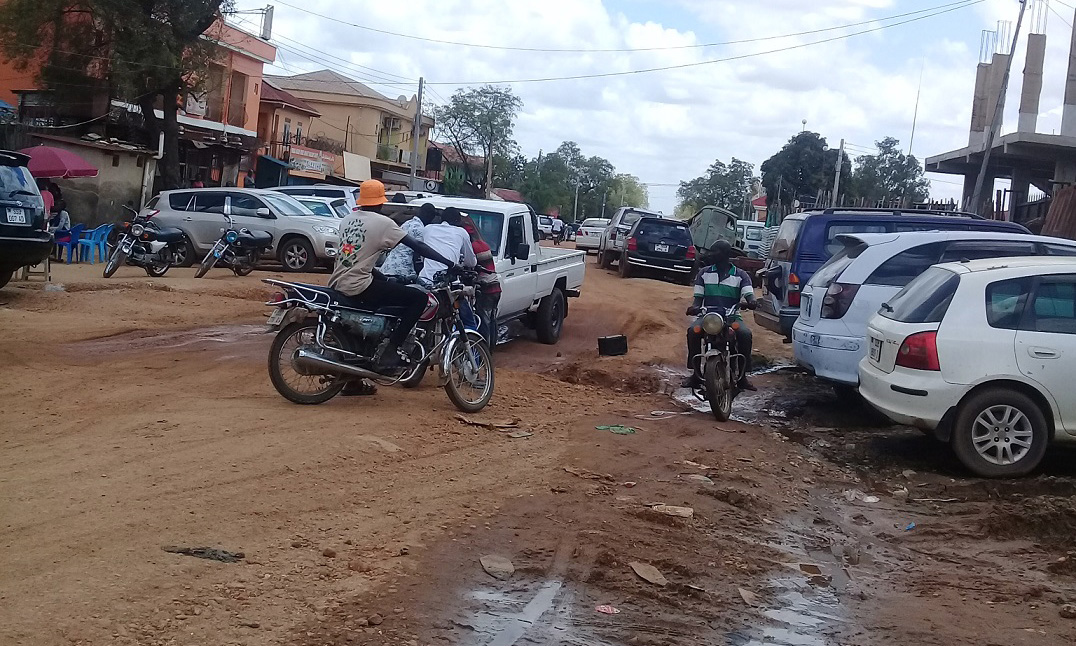
A truck stuck in the middle of a road.
Car repairs on the streets choke certain areas. This is a good business, but the repairmen can’t afford a warehouse or garage. Due to the lack of space and the high rents many auto mechanics’ repair shops simply use an unoccupied space along the city roads.
This means traffic has to negotiate parked vehicles, tools laid out on the road, and people walking around. Makes for crammed quarters sometimes. These places invariably have black ground from all the oil and grease that are simply discarded onto the streets. As I ride by on my bike, I pray to La Madonna del Ghisallo I don’t puncture a tire on any metal pieces laying around.
Men sit in small little wooden shanty shacks selling cigarettes. They will sell by the carton, by the box or just one, if you please. I can’t imagine how they can earn anything. It is a passive way to earn money, but more and more people smoke as it cuts the hunger pangs. Cigarettes are expensive but the hungry people need to assuage the pains in their stomach. Blessed are these poor who have to survive with hunger.
A couple of young people with no education or job get a shovel. They pick a particularly bad spot in the city roads (not a difficult job as most roads are deplorable). They throw one shovel full of dirt into one of the many potholes. Then they wait. As cars drive by, they put out their hands asking for gratuity for “repairing” the roads. They will get about $2 per day — enough for two meals. The next week another couple of kids will be at the exact same spot. They again throw in one shovel full of dirt and wait. It’s a desperate way to survive.
All of these street vendors are shaken down from time to time by the police. The police, who are supposed to protect the public, will confiscate their wares (especially from food vendors) and then tell the poor vendor to go to the nearest city council office to pay a “tax.” When they return, they find their supplies are diminished or all eaten up. There is nothing the poor vendor can do. In order to survive, they learn quickly to get out of the neighborhood as soon as the police show up. God grant justice.
Photos by Gabe Hurrish

